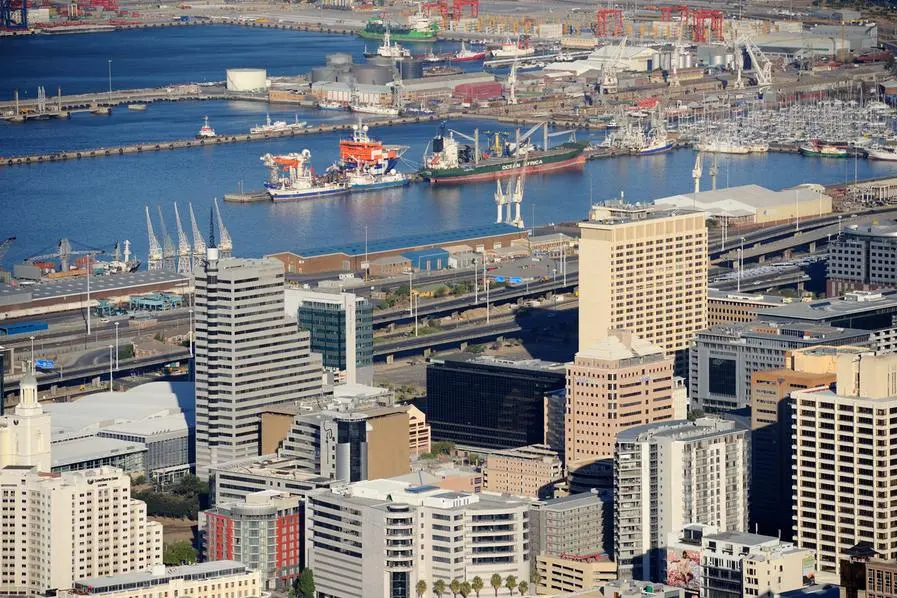PHOTO
While we are not yet in a buyer's market in the traditional sense, the market is increasingly favouring buyers in many areas.
Samuel Seeff, chairman of the Seeff Property Group
The stagnant economy and higher interest rates have affected the market to the extent that there are now fewer buyers. Transactions are taking longer to conclude and stock on the market is increasing in some areas, especially Gauteng and the inland regions.
While there is no distress in the market as yet, we are seeing a rise in the number of people who are selling for financial reasons (now around 17% of all sales). More people are selling with the view to semigrate (around 14% of sellers) to the Cape and areas offering better services and amenities, and only around 9% are selling to emigrate.
Two key elements now favour buyers in the market. The first is the continued favourable mortgage lending conditions which is still at the best level since the 2007/8 period when the National Credit Act was introduced. The price rate at 11.75%, while notably higher compared to the last two years, is still below the average of 15-16%.
Bank data further shows that buyers are still able to find higher loan-to-value mortgages with first-time buyers still able to secure 100% bonds. Qualifying buyers can now even secure a slightly better interest rate as the banks continue competing for business in the home loans market. This is something we have not seen since pre-2007/8.
Flat price growth
A second important motivator for buyers is the flat price growth. House price growth has trended consistently downwards for the last 18 months. According to the FNB House Price Index, annual growth averaged 2.7% in April while a year ago it averaged 4% during April 2022.
Even at the height of the Covid property boom, growth only reached around 6% on average, although there were some high-demand areas which experienced exceptional growth. Comparatively, global markets experienced runaway price growth of 20-30%.
Outside of the greater Cape Town area, price growth has been muted for well over ten years now. The last time that FNB reported double-digit house price growth was around 2007. This is largely in line with weaker economic trends seen over the last decade.
The upside of this for buyers is that they are able to find property at prices notably lower than what it would have been had we seen stronger price growth. They can, therefore, find excellent value, especially in areas such as Gauteng and other inland provinces. There has also been little movement in the super luxury prices above R208m and that sector too offers excellent value.
Sellers' asking prices coming under pressure
The higher interest rate has put pressure on affordability, and there are now fewer buyers in the market compared to the last two years. Consequently, the demand-supply curve is now shifting towards the supply side in many areas. We are also seeing higher stock volumes and a lengthening time-on-market which means that sellers' asking prices are coming under pressure.
In a seller’s market, as we experienced in the mid-2020 to mid-2022 period, there is higher demand for properties compared to the available supply. As there are fewer properties and more buyers, there is competition among buyers. Properties sold faster and sellers could be more insistent on their prices.
While the turn in the market means that buyers must now budget for the higher interest rate, there are plenty of reasons to get into the market now. It is always better to buy when the market is weak. Buyers can benefit from the flat prices and can potentially negotiate a better deal on the property.
Sellers, on the other hand, now need to be aware that with fewer buyers and plenty of stock to choose from, buyers are able to be picky and choosy. If you are looking to sell in the current market, your property must be in tip-top shape and offer good value to attract a good offer.
All rights reserved. © 2022. Bizcommunity.com Provided by SyndiGate Media Inc. (Syndigate.info).




















